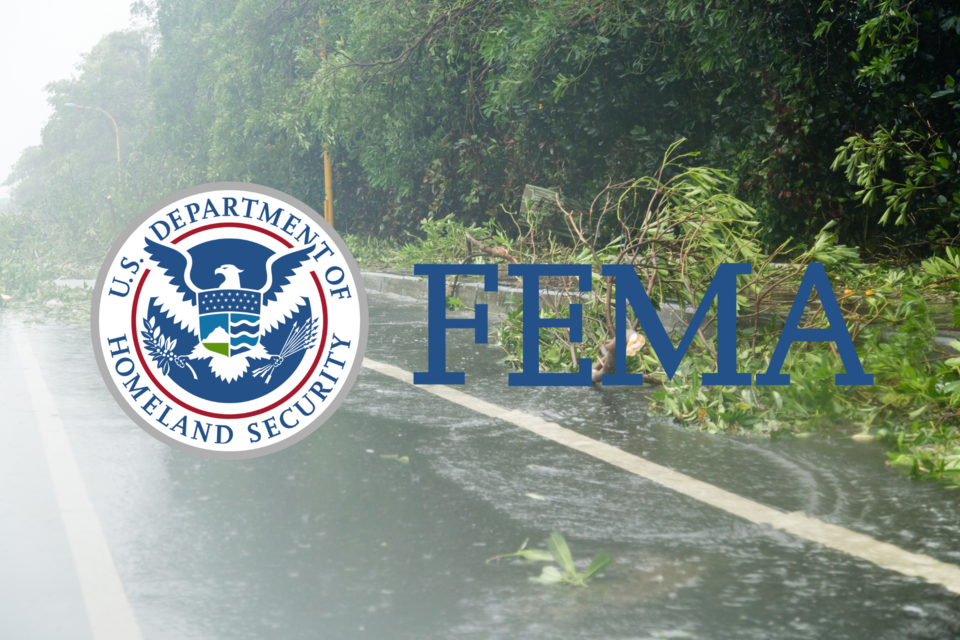Homeowners recovering from Tropical Storm Debby (Aug. 4–20) or Hurricane Helene (Sept. 24–Oct. 20) should be cautious of fake or unlicensed contractors who may attempt to exploit the situation. As insurance settlements, grants, and loans allow for home repairs, ensure the contractors you hire are qualified, reliable, and capable of completing the work properly.
Watch Out for Out-of-Town Scam Artists
Scammers may appear at your front door offering services. Always check for proper credentials:
- Verify licensing with the State Licensing Board for General Contractors at Georgia Secretary of State.
- Check with the Better Business Bureau (BBB) at BBB Atlanta.
Note: FEMA does not certify contractors.
Be Aware of Contractor Scams and Warning Signs
- Door-to-door solicitations
- Lack of references
- Verbal agreements or no written contract
- High-pressure sales tactics or scare tactics
- Out-of-state contractors with no permanent address or insurance
- Demands for cash, large upfront payments, or full payment in advance
- "Special deals" or unusually low bids
Ways to Protect Yourself
- Do Your Research: Scam artists often approach homeowners directly, whether in person, by phone, or email. Be wary of unsolicited offers.
- Check References: Ask contractors for references from previous customers.
- Get a Written Contract: Reputable contractors will provide a detailed contract outlining the scope of work, timeline, and project costs. Avoid signing documents that grant a contractor access to your insurance claims.
- Verify Insurance: Contractors should have disability and workers’ compensation insurance. Without it, you may be liable for accidents on your property.
- Confirm Licensing and Bonding: Ensure contractors are properly licensed and bonded.
- Require Necessary Permits: Make sure contractors obtain all required permits for the job.
- Protect Yourself Financially: Do not sign insurance checks over to a contractor. Instead, pay them directly using a credit card whenever possible, allowing disputes if necessary.
Additional Safety Tips
- Take a picture of the contractor, their vehicle, and their license plate.
- Photograph the contractor’s business card and driver’s license.
- Do not sign completion papers or make the final payment until the work is done correctly and to your satisfaction.
Reporting Scams
If you believe you are a victim of a scam, report it immediately:
- Local Authorities: Contact your local police or sheriff’s department.
- Georgia Office of the Attorney General: Call 404-651-8600 or toll-free at 800-869-1123 (outside Metro Atlanta). You can also file a complaint online at Consumer Complaint Form.
- FEMA Fraud: Report suspected fraudulent FEMA activity via:
- Email: [email protected]
- Fax: 202-212-4926
- Mail: FEMA Fraud and Internal Investigation Division, 400 C Street SW, Mail Stop 3005, Washington, DC 20472-3005
“FEMA cautions disaster survivors to be aware of post-disaster fraud and scams. Attempts to scam residents can be made over the phone, by mail or email, through the Internet or in person. It is important to remain alert, as con artists are creative and resourceful…”
“As recovery continues for survivors that have been impacted by either hurricane Helene or tropical storm Debby, it is an important reminder that during ones lowest point, there are those that will take advantage of survivors and not mean well. We (FEMA) hope with this information that it will spread awareness to prevent survivors being affected by scammers. FEMA will never ask to take your money, or ask for donation as we are a tax paying public agency serving the public; before, during, and after disasters. If you believe you are the victim of a scam, report it immediately to your local police or sheriff’s department, or contact the Georgia Office of the Attorney General’s Consumer Protection Division at 404-651-8600 or 800-869-1123 toll-free outside Metro Atlanta. You can also file a complaint online at Consumer Complaint Form | Georgia Attorney General's Consumer Protection Division. If you suspect fraudulent activity involving FEMA, you can report it via email to the FEMA Fraud Branch at [email protected], fax to 202-212-4926; or write to FEMA Fraud and Internal Investigation Division, 400 C Street SW Mail Stop 3005, Washington, DC 20472-3005.”
– James Wood, FEMA MEDIA RELATIONS SPECIALIST
Stay Informed
For the latest recovery updates in Georgia:
- Visit fema.gov/helene/georgia
- Follow FEMA Region 4 on social media:
- X (formerly Twitter): @FEMARegion4
- Facebook: FEMA
- Instagram: @FEMA
- YouTube: FEMA YouTube Channel
- Follow Administrator Deanne Criswell: @FEMA_Deanne
FEMA’s Mission
Helping people before, during, and after disasters.




